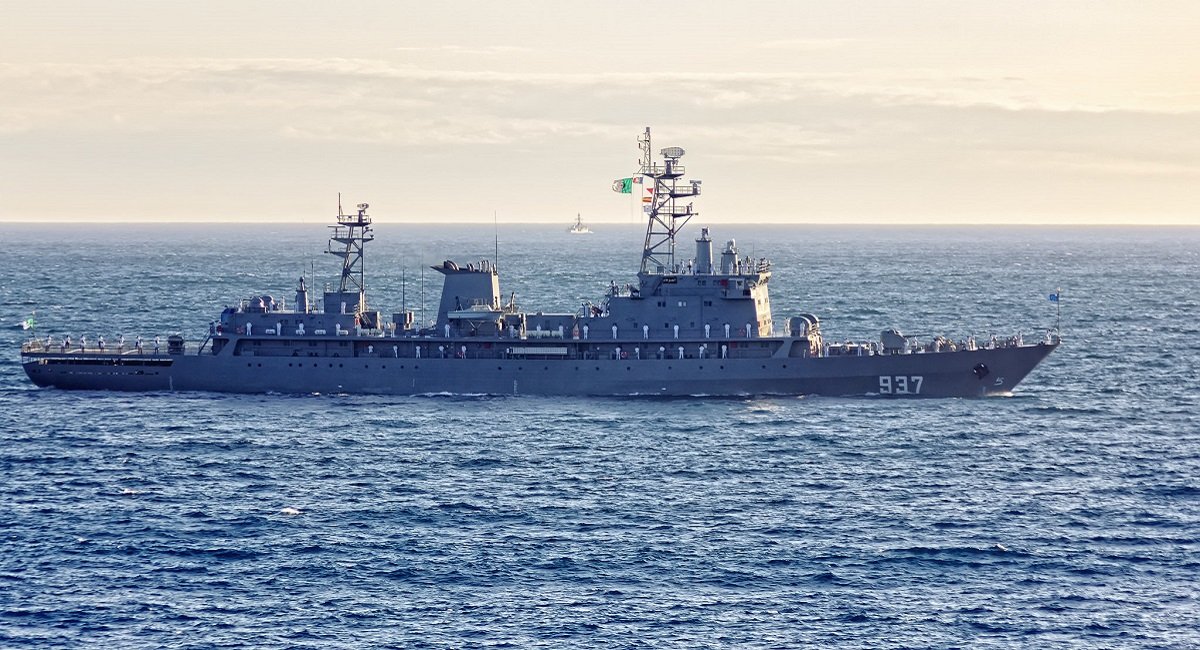

Photo by Tristan Farsac – Creative Commons
Distrust of the West helps explain the rapid increase in Algerian arms imports and the dim prospects for securing democracy in the near term.
Algeria accounted for 79 percent of North African arms imports in 2015–2019, during which it increased imports by 71 percent compared to 2010–2015. Russia remains by far its largest supplier, accounting for 67 percent of the total, followed by China (13 percent) and Germany (11 percent). In 2019, the defense budget accounted for 10.3 percent of government expenditure ($15.5 billion), although expenditures are sometimes hidden under other ministry headings.
Many western observers explain this massive build up by Algeria’s long-standing tensions with Morocco and more recent ones with Libya and Mali. Others point to the critical risk of corruption in the military, which dominates the country’s political system. In fact, senior Algerian officers point to what they see as the adventurous, if not irresponsible, policy of NATO and its leading members in the region as the decisive reason behind the substantial increase in Algerian arms imports.
The West’s Three Errors in Judgment
The destruction of the Libyan state in 2011 brought chaos close to Algeria’s borders. Following the January 2013 attack on the eastern Algerian gas field of Tiguentourine by an Islamist terrorist group based in Libya, then French Operation Serval in Mali later that year, senior Algerian military officers decided to equip air, land, and naval forces with more sophisticated weapons and redeploy ground units on a large scale from Algeria’s western to its eastern frontier.
Military officers in Algiers were flabbergasted by three aspects of Western, in particular French, policy. First, France, the United Kingdom, and the United States imposed, in the words of David Hendrickson, a war on former Libyan president Muammar Qaddafi “in anticipation of horrendous cruelties,” a far cry from the traditional legal view that privileged the sovereignty of the state and made it the bulwark of international order. Initial steps were approved by the UN Security Council, but “the Western intervention soon morphed into a six-month campaign to topple Qaddafi” even though the UN Security Council Resolution 1973 made no explicit reference to the use of military means for enforcement.
A second reason for deep concern among Algerian leaders was that arms from former Libyan arsenals were transferred to radical Islamist groups in Syria, including the self-proclaimed Islamic State and the Nusra Front. Algeria had just emerged from a civil war in which it suffered an arms embargo from the West while Islamist insurgents received weapons from Saudi Arabia. Arms from the same Libyan arsenals were distributed across Libya’s southern borders, dramatically worsening the terrorist threat in Africa, both north and south of the Sahara.
The consequences of western intervention in Libya have thus been little short of catastrophic, both in Libya and in Mali. Senior Algerian military and security officials have for a long time expressed discomfort at what they see as U.S., Israeli, British, and French instrumentalization of radical Islamist groups to suit their goals in the Middle East. France paid no heed to Algerian warnings of the Pandora’s Box they were opening in Libya, an insult that was followed by pressing French requests for Algeria to put boots on the ground in Mali.
The third error of judgement, in Algerian eyes, was for Paris to ignore the likely consequences that French behavior would have on domestic security in France, where a parade of French and other Western military interventions in Arab countries contributed to terrorist attacks in France after 2011. France and Algeria share a long and complex history, with the bloody French conquest of Algeria (1830–1871) and the bitter war of independence (1954–1962), leaving senior Algerian officers perplexed after 2011 that France had forgotten that their actions in Libya could fuel violence in France.
Loss of Trust in the West
These three reasons explain why senior Algerian military officers and the overwhelming majority of Algerians have lost trust in the West generally, and France in particular. They see NATO as a force for disruption in the Mediterranean, not stability. Algerians may reject the tight control that the military exercises on society, but they do not question the military’s wish to be well-equipped. In addition, one often-overlooked consequence of interventionist Western policies is that senior Algerian officers are reluctant to open up the political system and fear possible French intervention in the case of renewed domestic turmoil. Contrary to what former presidents George Bush, Barack Obama, and Nikolas Sarkozy claimed, military intervention has helped to destroy, for the near term, any hope of democracy in North Africa, while increasing the incentives for countries like Algeria to import sophisticated new weaponry.
Francis Ghilès is associate senior researcher at the Barcelona Center for International Affairs (CIDOB).



